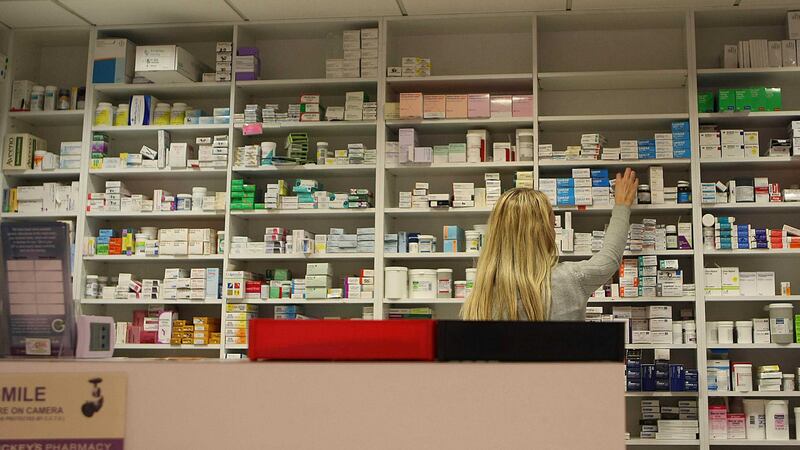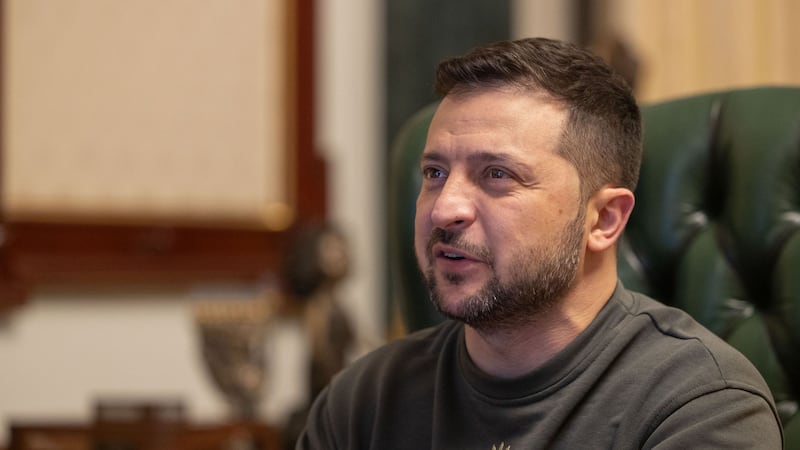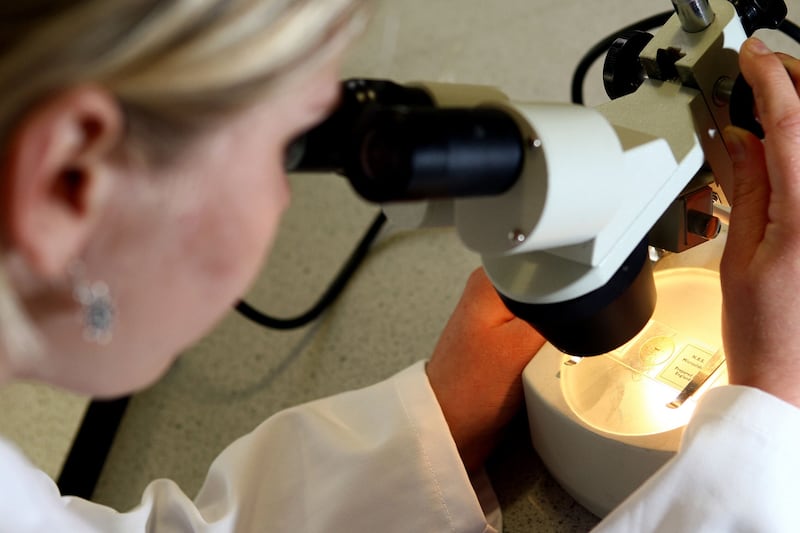MEDICINE worth £6.5 million is wasted in Northern Ireland every year, health authorities have warned.
Every year, 39 million prescription items are issued and about 72 tonnes of these medicines are returned to community pharmacies as waste.
They then cost the health service a further £400,000 to dispose of.
Chairman of the Health and Social Care Board (HSCB) Dr Ian Clements said: "If we - patients, members of the public and professionals - all worked together and tried to reduce the amount of wasted medicines, the money saved could be used to fund other vital health services such as more doctors and nurses, or new treatments."
David McCrea, pharmacist at Dundela Pharmacy in Belfast, said for safety reasons, unused medicines returned to pharmacies could not be reused.
"Community pharmacists can help breakdown any barriers which might prevent a patient from taking their medicines and aid their compliance," he said.
"We can help patients improve their understanding of their medicines, explain how they work and discuss any concerns they may have such as side-effects."
In the last year, over 27,000 patients had their medication reviewed in community pharmacies and received advice about how to use their medicine more effectively and reduce waste.
Medication-related issues were identified in 60% of these reviews and 11% of these patients were referred to their GP or other healthcare professional as a result.
Brenda Bradley from the HSCB said: "We have evidence that some of the drugs found on the streets are unused prescriptions which have been sold or shared with others.
"This is not only illegal, it is exceptionally dangerous.
"Taking prescription drugs without proper advice from a health professional can lead to dangerous side effects and fatal consequences."
A long-term project in Belfast has helped to reduce the number of benzodiazepines (tranquilisers) prescribed by over 40% in a decade.








